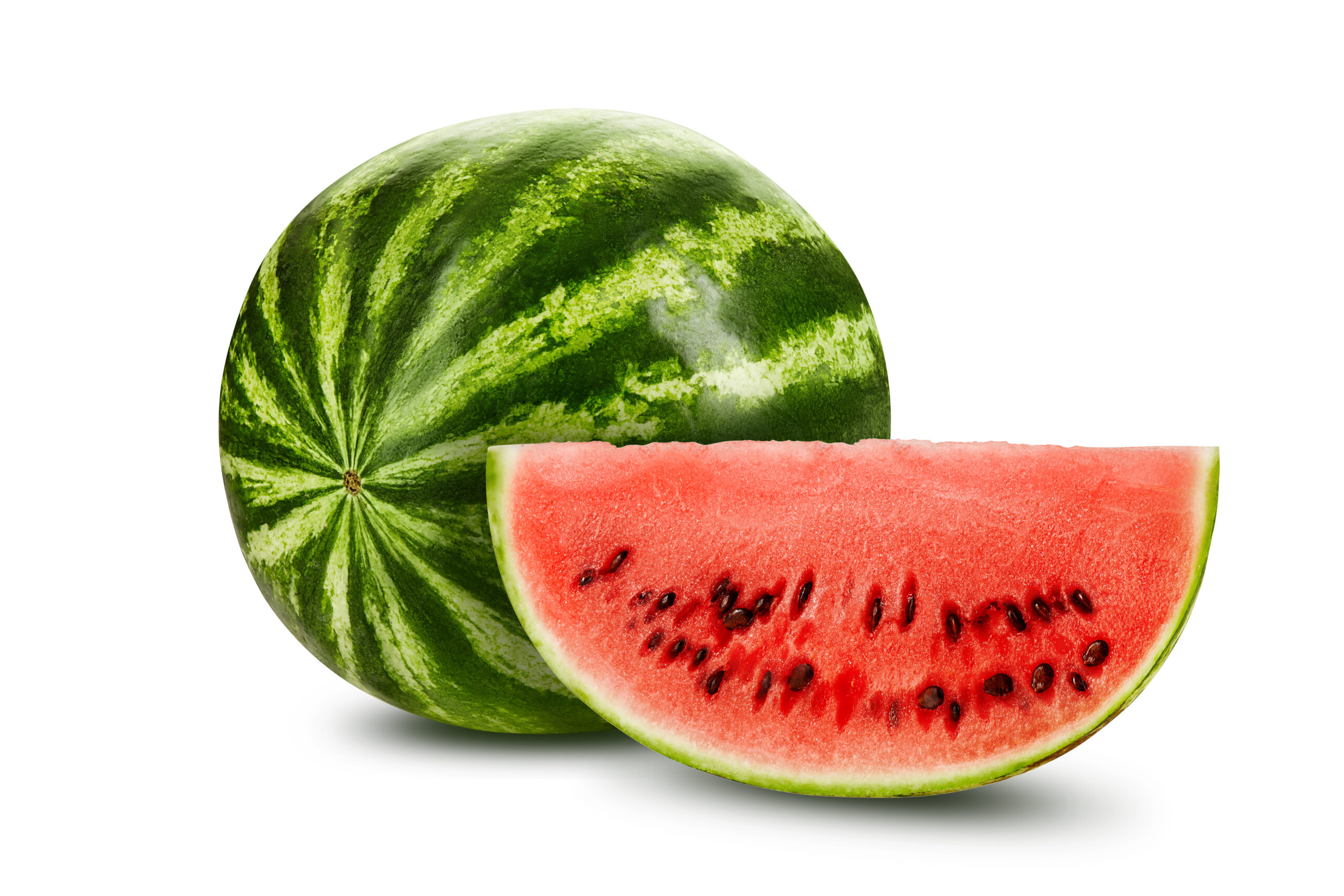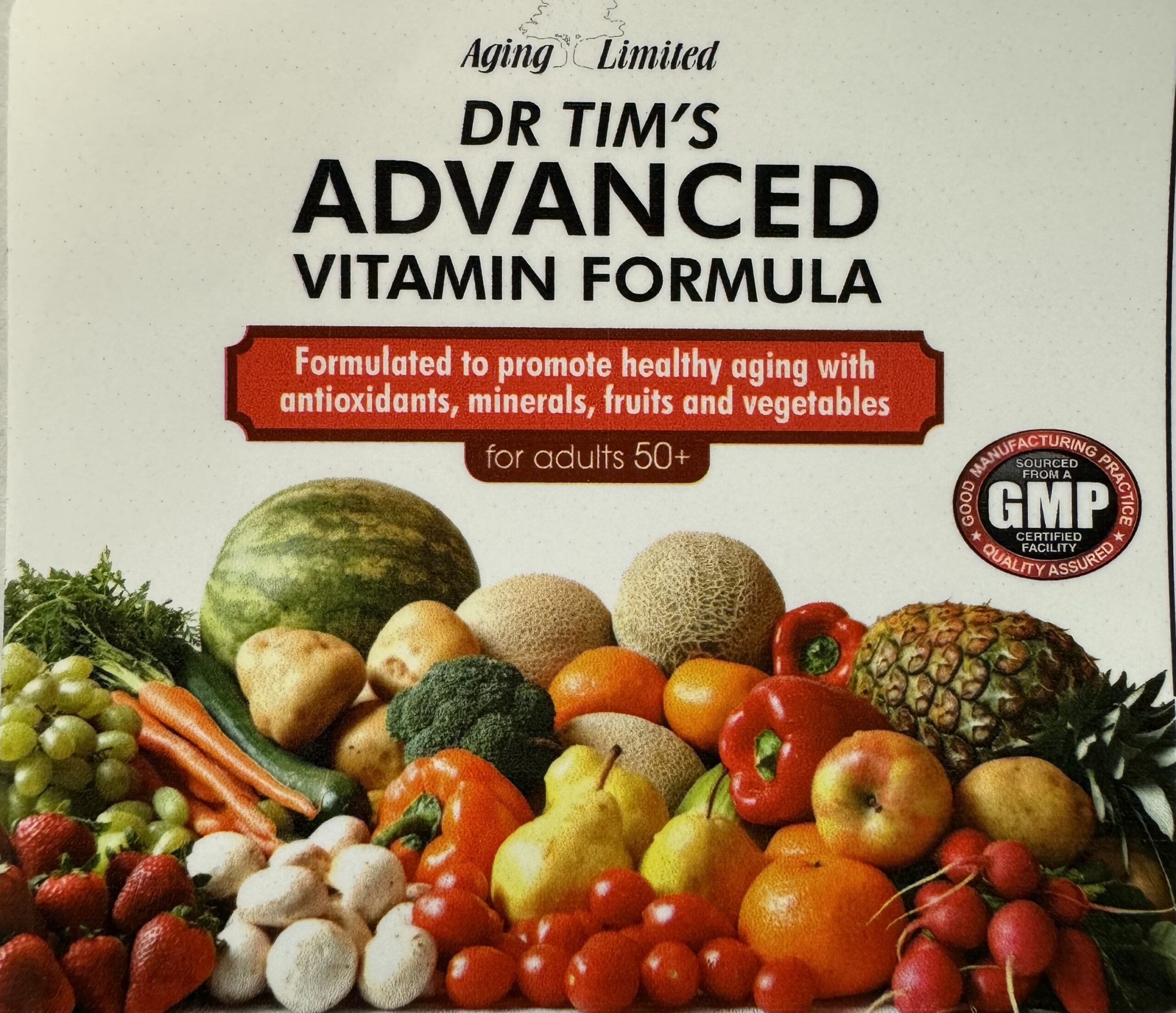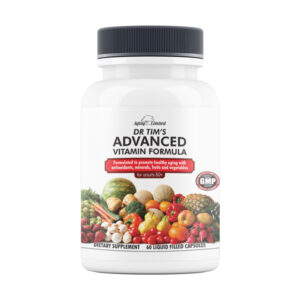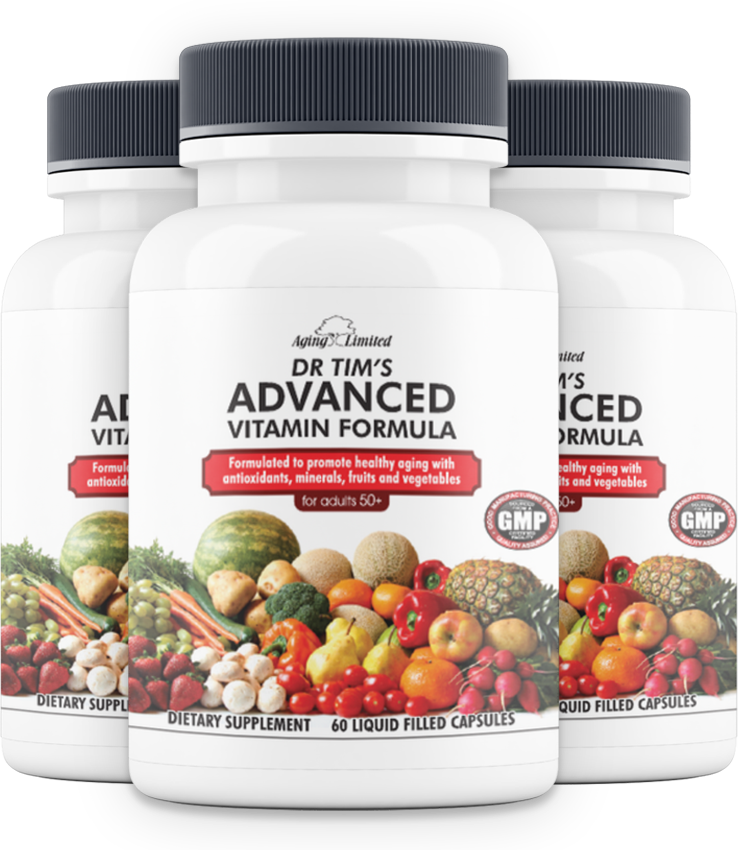What is the “New Anti Aging” Nutrient?
Everyone is looking for the latest nutrient or ingredient to keep them young.
There really is nothing new under the sun though.
So the best nutrients are the natural ones. What make them great is the PHYTO-NUTRIENTS that are in them.
Here is a summary of what Phyto Nutrients are. If you are not getting enough in your diet, you can supplement easily with my formula: all natural nutrients for from fruits and vegetables.
Phytonutrients, also known as phytochemicals, are natural compounds found in plants that contribute to their color, flavor, and disease resistance. These compounds have been shown to provide various health benefits when consumed by humans. While phytonutrients are not considered essential for basic human survival like vitamins and minerals, they play a crucial role in promoting overall health and preventing certain diseases.
There are thousands of known phytonutrients, and they can be categorized into different classes, including:
- Flavonoids: Found in a variety of fruits, vegetables, tea, and red wine, flavonoids have antioxidant properties and may help protect cells from damage.
- Carotenoids: These include beta-carotene, lycopene, and lutein, found in colorful fruits and vegetables. They are known for their antioxidant and provitamin A activity, which is important for eye health and immune function.
- Glucosinolates: Present in cruciferous vegetables like broccoli, Brussels sprouts, and kale, glucosinolates are associated with anti-cancer properties.
- Phenolic acids: Found in berries, whole grains, and various fruits and vegetables, phenolic acids have antioxidant properties and may contribute to heart health.
- Saponins: Present in legumes, beans, and some vegetables, saponins may have immune-boosting and cholesterol-lowering effects.
- Terpenes: Found in herbs and spices, terpenes may have anti-inflammatory and antioxidant properties.
These compounds are not only responsible for the vibrant colors and flavors of plant foods but also contribute to the health-promoting effects associated with a diet rich in fruits, vegetables, whole grains, and other plant-based foods. Consuming a diverse range of plant foods can provide a broad spectrum of phytonutrients, supporting overall well-being and reducing the risk of chronic diseases.











